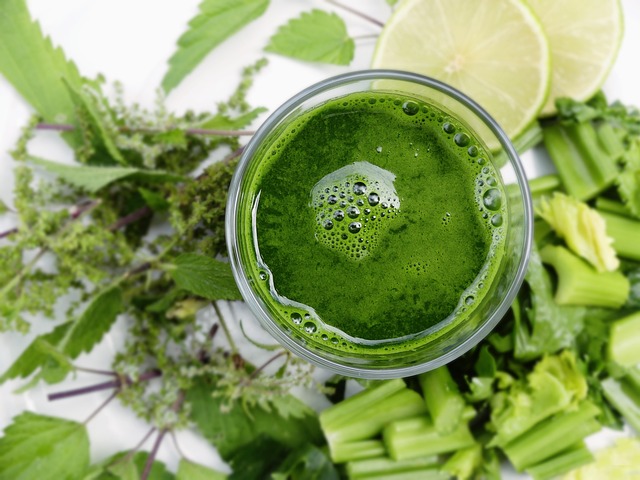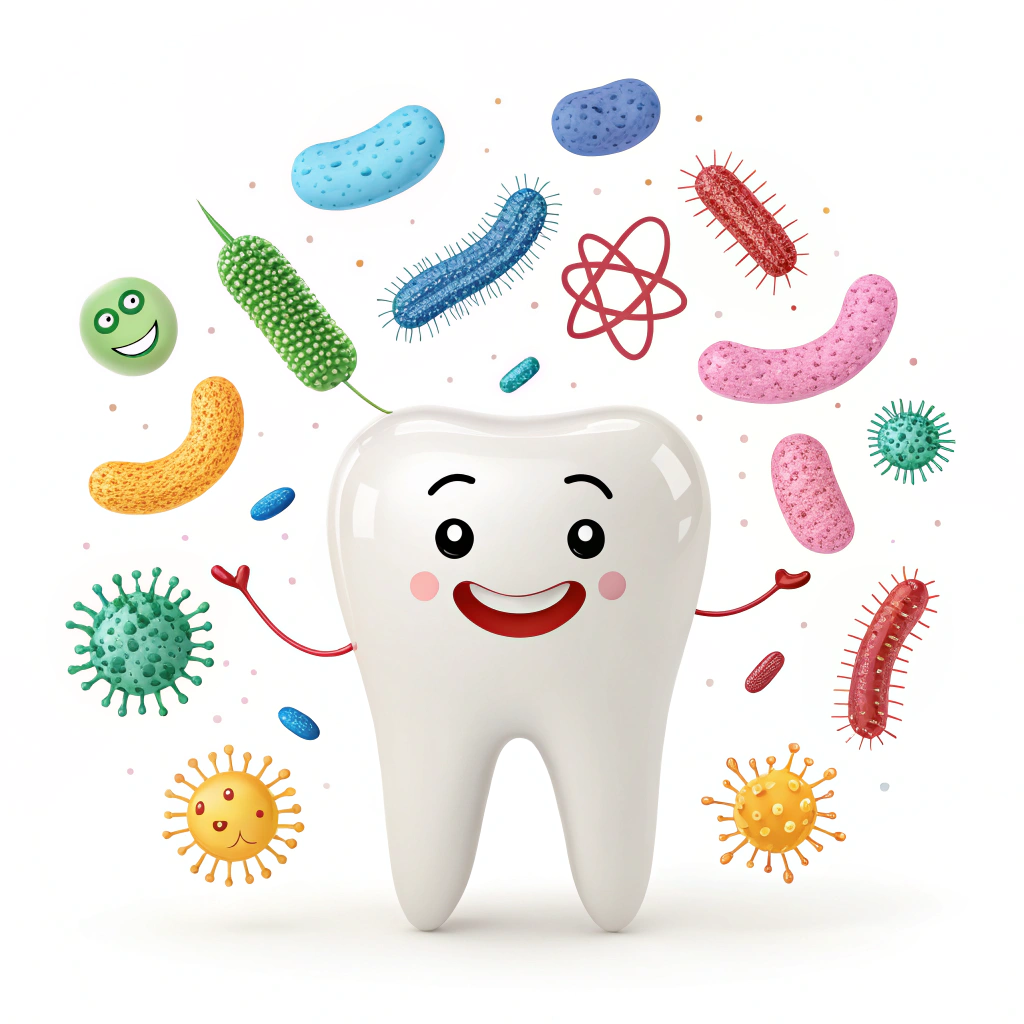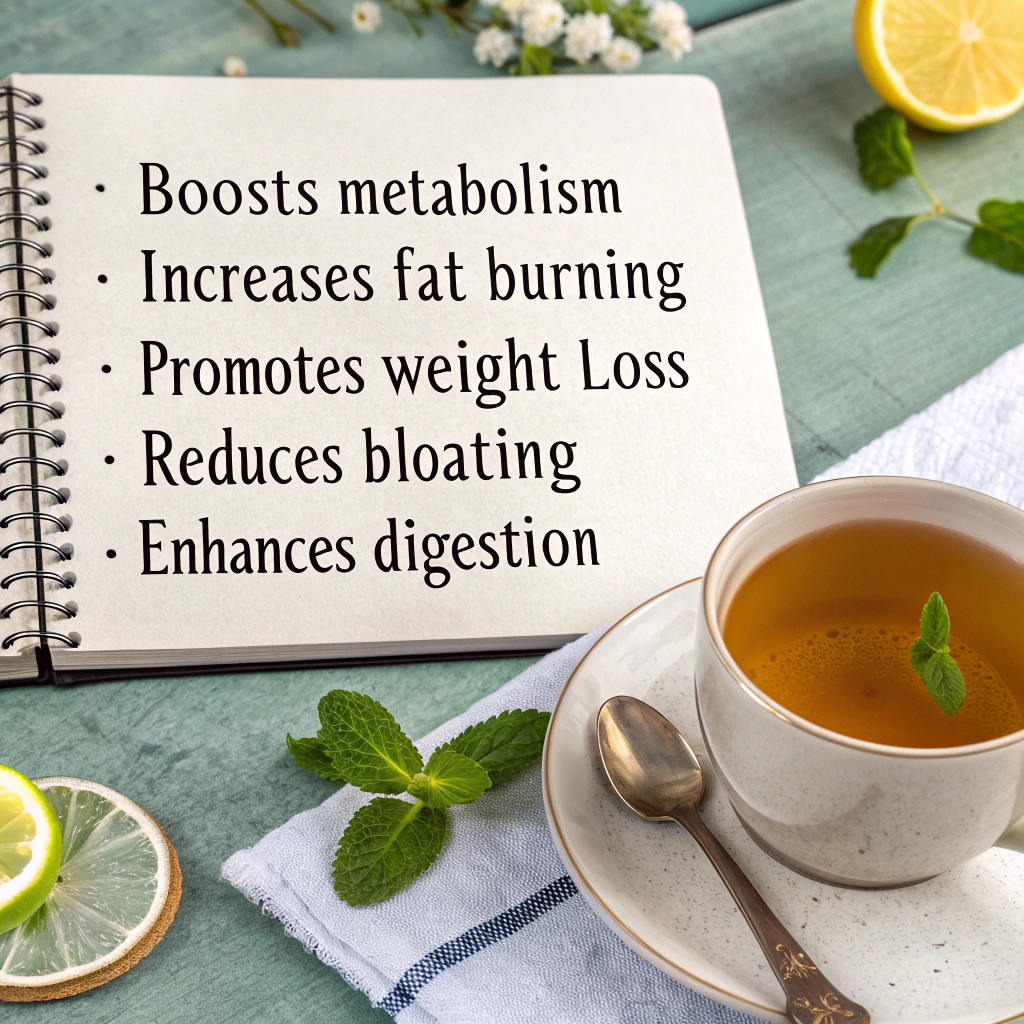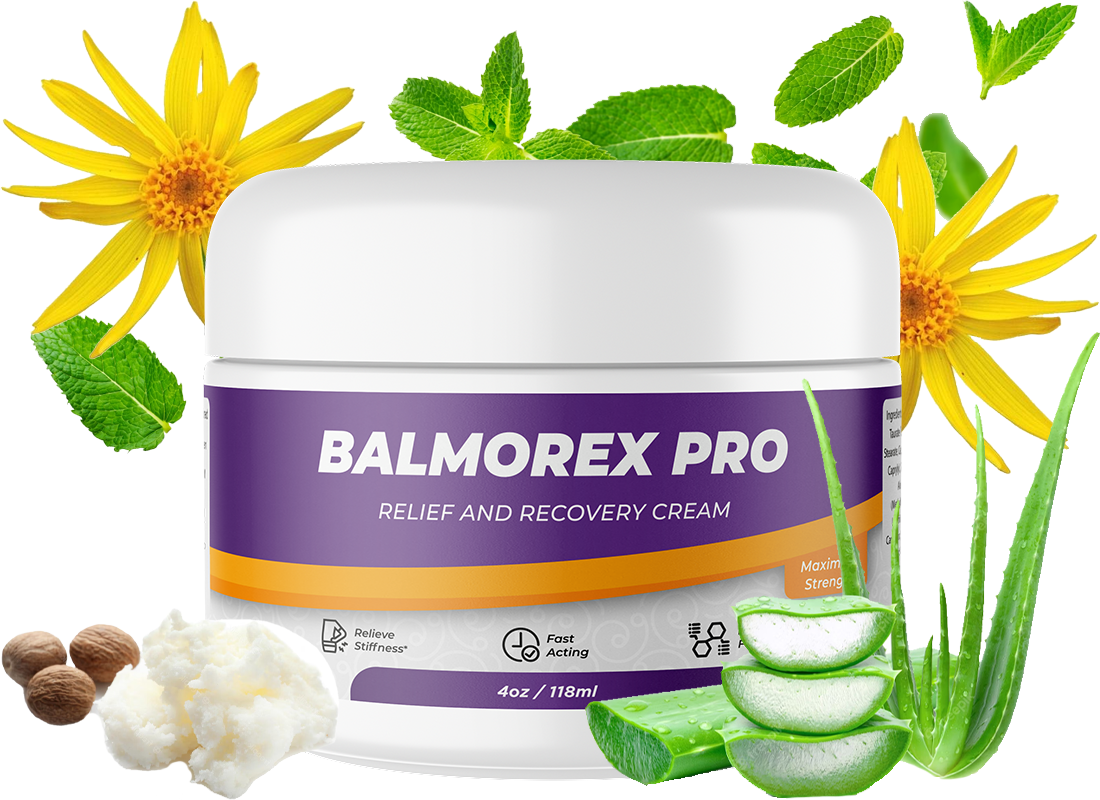
Best Vitamins and Minerals to Boost Your Immune System
Best Vitamins and Minerals to Boost Your Immune System
The immune system is our body’s defense mechanism against infections and diseases. A robust immune system is crucial for maintaining overall health, especially in times of stress or during cold and flu seasons. While a balanced diet rich in fruits, vegetables, and whole grains is essential, certain vitamins and minerals play a pivotal role in enhancing immune function. This article explores the best vitamins and minerals to boost your immune system, backed by research and expert opinions.
Understanding the Immune System
The immune system comprises a complex network of cells, tissues, and organs that work together to defend the body against harmful pathogens. It can be broadly categorized into two types:
– Innate Immunity: The body’s first line of defense, which includes physical barriers like skin and mucous membranes, as well as immune cells that respond quickly to invaders.
– Adaptive Immunity: This system develops over time and involves the production of antibodies that specifically target pathogens the body has encountered before.
To support these systems, certain vitamins and minerals are essential. Let’s delve into the most effective nutrients for boosting immunity.
Vitamin C: The Immune Booster
The Role of Vitamin C
Vitamin C, also known as ascorbic acid, is a powerful antioxidant that helps protect cells from damage caused by free radicals. It is crucial for the growth and repair of tissues and plays a significant role in the immune system.
How It Works
– Enhances the Function of Immune Cells: Vitamin C stimulates the production of white blood cells, which are vital for fighting infections.
– Improves Skin Barriers: It helps maintain the integrity of the skin, acting as a physical barrier against pathogens.
Sources of Vitamin C
– Citrus fruits (oranges, lemons, grapefruits)
– Berries (strawberries, blueberries)
– Kiwi
– Bell peppers
– Broccoli
Research Insights
A study published in the Nutrients journal found that individuals with higher vitamin C intake had a lower risk of respiratory infections. The recommended daily allowance (RDA) for adults is 90 mg for men and 75 mg for women.
Vitamin D: The Sunshine Vitamin
The Importance of Vitamin D
Vitamin D is unique because our bodies can produce it when exposed to sunlight. It plays a crucial role in immune function and has been linked to a reduced risk of infections.
Mechanism of Action
Regulates Immune Responses: Vitamin D modulates the immune system, enhancing the pathogen-fighting effects of monocytes and macrophages.
Reduces Inflammation: It helps control inflammation, which can be detrimental when the immune system is overactive.
Sources of Vitamin D
– Sunlight exposure
– Fatty fish (salmon, mackerel)
– Fortified foods (milk, orange juice)
– Egg yolks
Research Insights
According to a meta-analysis in the *British Medical Journal*, vitamin D supplementation significantly reduced the risk of acute respiratory infections, particularly in individuals with low baseline levels. The RDA for adults is 600 IU (15 mcg).
Zinc: The Immune Mineral
The Role of Zinc
Zinc is an essential trace mineral that plays a vital role in immune function. It is involved in the development and activation of T-lymphocytes, a type of white blood cell that helps fight infections.
How Zinc Supports Immunity
– Enhances Immune Cell Function: Zinc is crucial for the normal development and function of immune cells.
– **Antioxidant Properties**: It helps combat oxidative stress, which can weaken the immune response.
Sources of Zinc
– Meat (beef, pork)
– Shellfish (oysters, crab)
– Legumes (chickpeas, lentils)
– Seeds and nuts (pumpkin seeds, cashews)
Research Insights
A study published in the *American Journal of Clinical Nutrition* found that zinc supplementation reduced the duration of the common cold in healthy individuals. The RDA for adults is 11 mg for men and 8 mg for women.
Vitamin A: The Vision and Immune Protector
The Importance of Vitamin A
Vitamin A is essential for maintaining healthy vision, but it also plays a critical role in immune function. It helps maintain the integrity of mucosal surfaces, which are the first line of defense against pathogens.
Mechanism of Action
– Supports Epithelial Cells: Vitamin A is vital for the health of epithelial cells, which line the respiratory tract and gut.
– Enhances Immune Response: It aids in the production of antibodies and the activity of T-cells.
Sources of Vitamin A
– Carrots
– Sweet potatoes
– Spinach
– Kale
– Liver
Research Insights
Research published in *The Journal of Nutrition* indicates that vitamin A deficiency can lead to increased susceptibility to infections. The RDA for adults is 900 mcg for men and 700 mcg for women.
Selenium: The Antioxidant Mineral
The Role of Selenium
Selenium is a trace mineral that plays a crucial role in the immune system by enhancing the function of immune cells and acting as an antioxidant.
How Selenium Supports Immunity
– Boosts Immune Cell Function: Selenium is essential for the proliferation of T-cells and the production of cytokines.
– Reduces Oxidative Stress: It helps protect cells from oxidative damage, which can impair immune function.
Sources of Selenium
– Brazil nuts
– Seafood (tuna, shrimp)
– Meat (beef, chicken)
– Eggs
Research Insights
A study in the *Journal of Immunology* found that selenium supplementation improved immune response in individuals with low selenium levels. The RDA for adults is 55 mcg.
Probiotics: The Gut Health Allies
The Importance of Gut Health
While not a vitamin or mineral, probiotics are essential for maintaining gut health, which is closely linked to immune function. A healthy gut microbiome can enhance the body’s immune response.
How Probiotics Work
– Balance Gut Flora: Probiotics help maintain a healthy balance of gut bacteria, which can prevent infections.
– Enhance Immune Response: They stimulate the production of antibodies and activate immune cells.
Sources of Probiotics
– Yogurt
– Kefir
– Sauerkraut
– Kimchi
– Miso
Research Insights
A review in *Frontiers in Immunology* found that probiotics can reduce the incidence and duration of respiratory infections. Regular consumption of probiotic-rich foods can significantly benefit immune health.
Conclusion: Building a Strong Immune System
Boosting your immune system requires a holistic approach that includes a balanced diet rich in essential vitamins and minerals. Key nutrients such as vitamin C, vitamin D, zinc, vitamin A, selenium, and probiotics play significant roles in enhancing immune function. By incorporating these nutrients into your daily diet, you can strengthen your body’s defenses against infections and diseases.
Remember, while supplements can help, it’s best to obtain these nutrients from whole foods whenever possible. A varied diet, combined with a healthy lifestyle that includes regular exercise, adequate sleep, and stress management, will provide the best foundation for a robust immune system.
In summary, prioritize your health by focusing on nutrient-rich foods and maintaining a lifestyle that supports your immune system. Your body will thank you!






